Welcome to the Quiz!
This quiz contains 17 questions from a mix of 1 subtopics.
Which of the following are included in the '5 kingdoms of life'?
(Select all that apply)
Fungi
Bacteria
Protoctists
Plants
Viruses
Animals
|
Which of the following are considered 'eukaryotes'?
(Select all that apply)
Bacteria
Viruses
Plants
Fungi
Protoctists
Animals
|
Which of the following is considered 'prokaryotic'?
Fungi
Bacteria
Protoctists
Viruses
Animals
Plants
|
A key difference between eukaryotic and prokaryotic cells, is eukaryotic cells all have:
A cell membrane
Cytoplasm
A nucleus
Plasmids
|
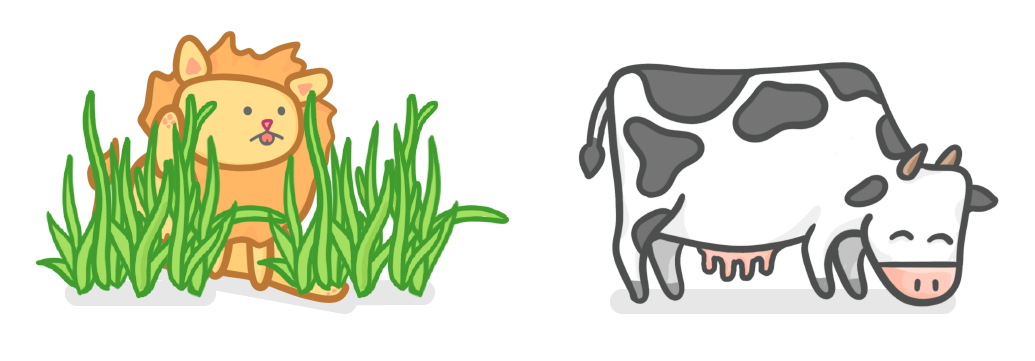
Which of the following are features of animals?
(Select all that apply)
Unicellular
Autotrophs
Reproduce sexually
Multicellular
Reproduce asexually
Heterotrophs
|
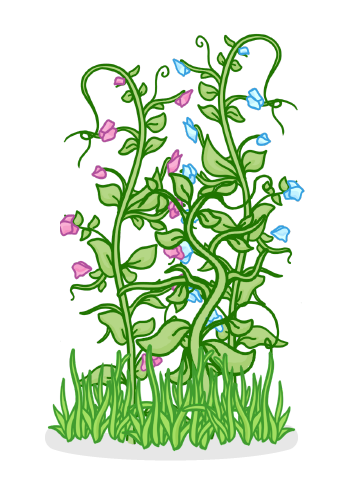
Which of the following are features of plants?
(Select all that apply)
Autotrophs
Saprotrophs
Multicellular
Unicellular
Heterotrophs
|
Fungi can be unicellular or multicellular.
Is yeast unicellular or multicellular?
Unicellular
Multicellular
|
Saprotrophic nutrition
excrete / absorb / digestive / nutrients / heterotrophic / waste
- Fungi feed by a special type of nutrition called 'saprotrophic' nutrition.
- First, they secrete enzymes out of their body, onto the food.
- These break down and digest the food.
- They then the small into their cells.
|
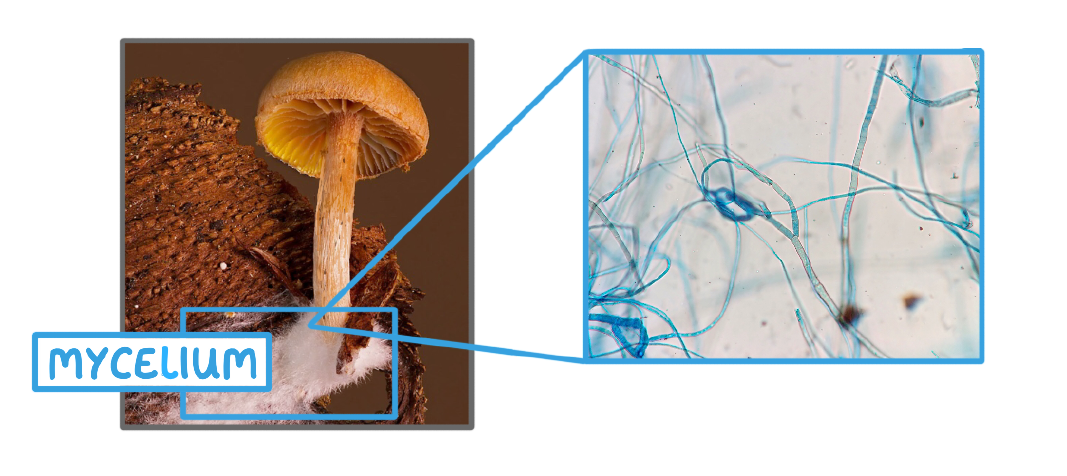
Some fungi (for example mushrooms) have a body known as a mycelium, which is made up of loads of tiny thread like structures called __________.
hydras
hairs
hyphae
|
unicellular / multicellular
The large majority of protoctists are .
|
True or false? Only some protoctists can photosynthesise.
True
False
|
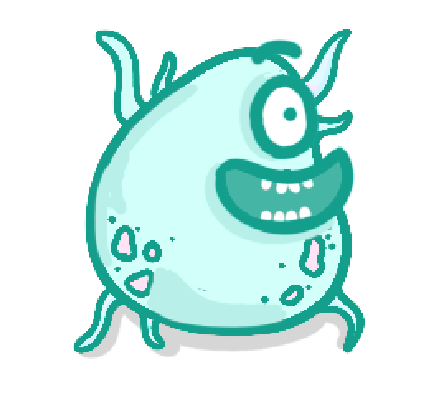
True or false? Bacteria only live in a few specific environments.
True
False
|
True or false? The majority of bacteria don't have anything to do with humans (i.e. they don't help us, or cause us any problems).
True
False
|
plants / bacteria
Humans have in their intestines which help them break down food.
|
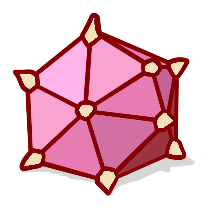
Would it be correct to say viruses are 'tiny cells'?
No
Yes
|
Viruses are considered parasites.
What does the term 'parasite' mean?
A microorganism that causes disease
An organism that depends on another organism to grow and reproduce
An organism that transports pathogens from one host to another
|
Which of the following can act as pathogens?
(Select all that apply)
Protoctists
Bacteria
Fungi
Plants
Viruses
Animals
|